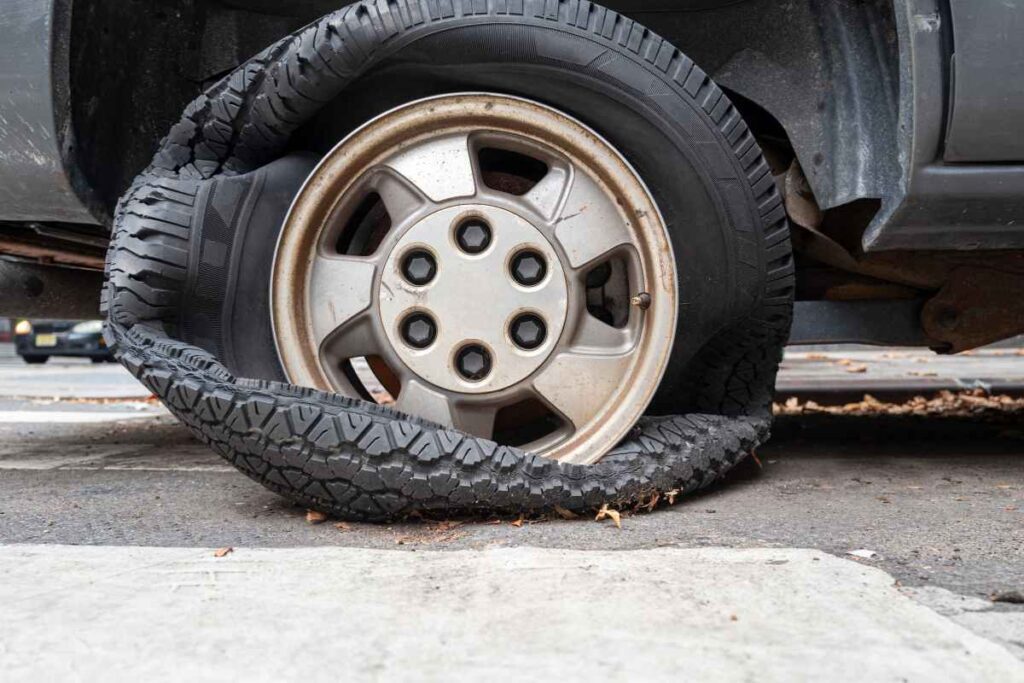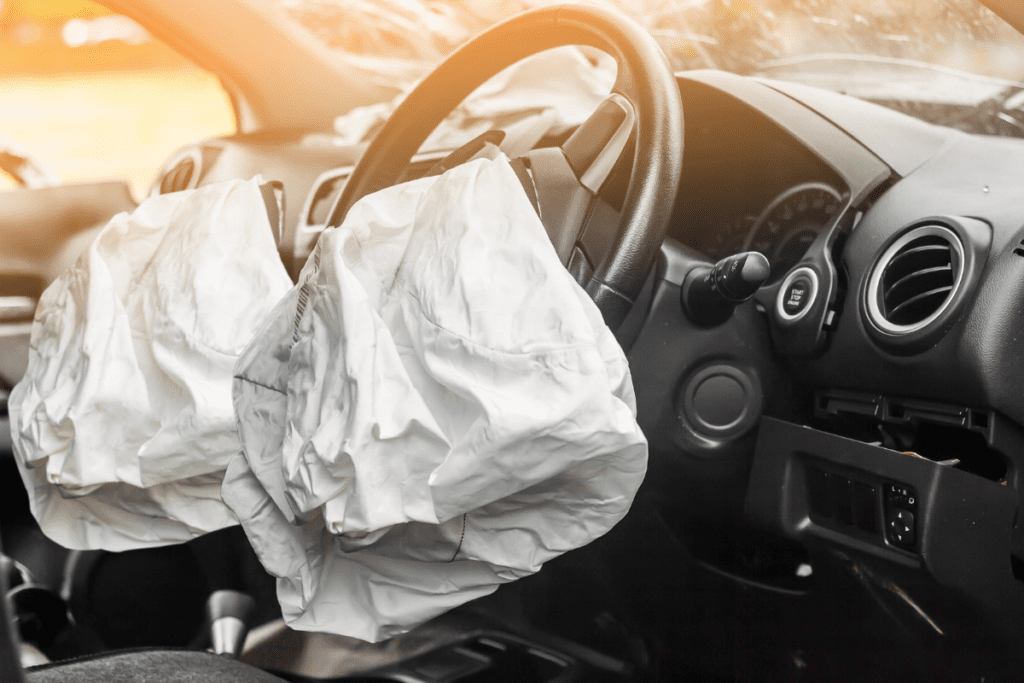Yes, the law provides protections for consumers against defective vehicles. These protections are designed to hold manufacturers, distributors, and sellers accountable for defects that cause harm and to ensure that consumers are compensated for injuries and damages. Here are a few key legal protections:
Product Liability Laws
These laws hold manufacturers, distributors, and sellers responsible for any defects in their products, including vehicles. There are generally three types of product defects covered under these laws:
Design Defects
Flaws in the design of the vehicle that make it inherently unsafe, even if manufactured correctly.
Manufacturing Defects
Errors that occur during the manufacturing process, causing the vehicle to deviate from its intended design and become dangerous.
Marketing Defects
Inadequate instructions, warnings, or labeling that fail to inform consumers about the vehicle's potential dangers.
Consumer Protection Laws
These laws are designed to protect consumers from unfair and deceptive practices, including the sale of defective vehicles. For example, the Magnuson-Moss Warranty Act in the United States allows consumers to seek remedies if a manufacturer or seller breaches a warranty on a new vehicle.
Lemon Laws
Many states have “lemon laws” that provide specific protections for consumers who purchase new vehicles that turn out to have significant defects. These laws typically allow consumers to receive a refund or replacement vehicle if the defect cannot be repaired after a reasonable number of attempts. (Notice to reader: The Carlson Law Firm does not handle Lemon Law cases.)
Recalls and Safety Regulations
The National Highway Traffic Safety Administration (NHTSA) in the United States and similar agencies in other countries are responsible for enforcing safety standards for vehicles. If a vehicle is found to have a safety defect, the manufacturer is required to issue a recall and repair or replace the defective part at no cost to the consumer.
Right to Compensation
If you are injured due to a vehicle defect, you have the right to seek compensation for your injuries, medical expenses, lost wages, pain and suffering, and other damages through a personal injury or product liability lawsuit.
In summary, the law offers multiple layers of protection to ensure that consumers are not left to deal with the consequences of defective vehicles on their own. An experienced attorney can help you understand your rights and the best course of action if you believe you have been affected by a defective vehicle.





